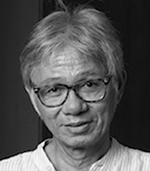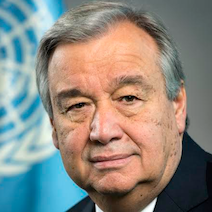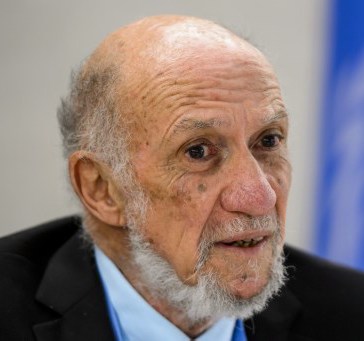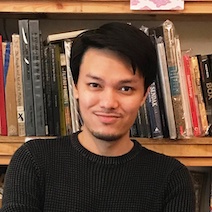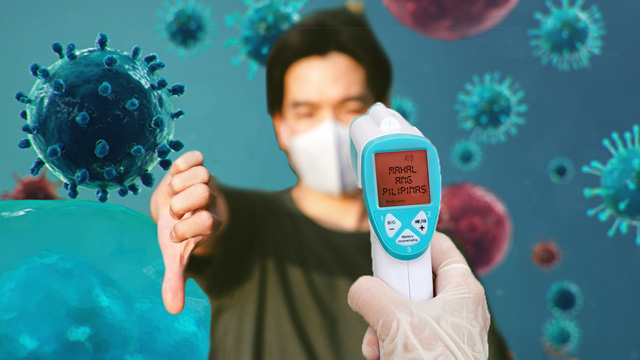

With the number of confirmed COVID-19 cases in the Philippines rising nearly tenfold (5 to 49) in just 6 days, it’s clear the disease won’t go away any time soon.
Data suggest there should be a lot more cases by now. When there were only 3 confirmed cases in the Philippines, a statistical model developed by The Economist predicted there should’ve been about 200 already.
The Department of Health (DOH) admitted to “unintentional” underreporting of cases due to the inadequacy of testing kits.
On March 7, President Rodrigo Duterte reportedly agreed to declare a public health emergency, but he formally announced it two days later. On March 11, Health Secretary Francisco Duque III admitted he himself should’ve declared a public health emergency sooner.
COVID-19 is sickening not just Filipinos but huge swaths of the Philippine economy as well. What can the Duterte government do to ward off an impending economic slump?
Slump
The National Economic and Development Authority (NEDA) foresees that our nation’s income, as measured by gross domestic product (GDP) will grow slower this year.
Growth might even fall to as low as 5.5%, well below the 6.5% target.
Tourism will take a big hit: lost revenues there could be as large as P93-187 billion. If the outbreak lasts till June, as many as 1.42 million passengers will not arrive and some 30,000-60,000 jobs will likely be destroyed.
But other sectors will fall sick as well.
A new study by the Asian Development Bank (ADB) shows the Philippine economy may lose somewhere between P34 billion and P99 billion, not just on account of weaker tourism but also weaker trade, business services, manufacturing, transportation, and even agriculture (see Figure 1 for a breakdown).
In the event of a “significant outbreak,” ADB thinks our economic losses may even balloon to a whopping P280 billion. This will hack away a full 1.67 percentage points off GDP growth – more than a quarter of our growth in 2018.
Figure 1.
All in all, NEDA and ADB's numbers both suggest growth this year is set to reach its lowest level since 2011.
Even before this, growth has already been declining steadily since 2016. (READ: Why did Philippine growth drop to an 8-year low?)
Demand and supply
Duterte’s economic team is not helpless. But they will have to go beyond textbook remedies because COVID-19 is not your run-off-the-mill economic shock.
First, the downturn is obviously induced by a widespread drop in people’s demand for goods and services throughout the economy (also called an “aggregate demand shock”).
Tourists are canceling their flights and hotel bookings. Mallgoers are shunning malls. Students have stayed at home following a weeklong cancellation of classes.
On the other hand, this downturn is caused, too, by a widespread reduction in the economy’s production and, hence, supply of goods and services (also called an “aggregate supply shock”).
Factories and firms around the world, especially in China, are shutting down. Global supply chains are breaking up left and right, impeding our ability to import and export. More and more workers are being told to work at home or, worse, being laid off.
One assistant secretary of the Department of Labor and Employment reported that since February some 66 firms in tourism have already closed down due to reduced tourist arrivals.
Hence, COVID-19 is likely causing a decline in both aggregate demand and aggregate supply. The government must address both with a comprehensive stimulus package.
Stimulus
As for aggregate supply, there’s little Duterte can do to revitalize damaged global supply chains.
But some form of temporary tax relief for cash-strapped businesses, as well as paid sick leaves, wage subsidies, or cash transfers for workers, might work to tide them over – at least until the global economy finds its footing again.
As for aggregate demand, the government can prop it up with a mix of monetary and fiscal policies.
For its part, the Bangko Sentral ng Pilipinas (BSP) can lower its key policy rate. In doing so, interest rates throughout the economy will also drop, making it more attractive for consumers to take out housing or car loans, and for entrepreneurs to take out business loans.
BSP Governor Benjamin Diokno hinted they’re open to cutting its key policy rate if “things deteriorate.”
By itself, however, monetary policy will not induce people to go out and do business as usual. Hence, it will have to be paired with fiscal policies such as tax cuts or aggressive spending.
Incidentally, the Duterte government is moving to lower corporate income tax rates with the Citira bill, recently certified as urgent by Duterte. But such tax cuts will be implemented over a period of 10 years, and what we need right now is a more immediate stimulus.
Finance Secretary Carlos Dominguez III said they’ll continue rolling out Build, Build, Build as a way to pump prime the economy. But infrastructure projects also take a while to complete, and until long-standing bottlenecks are ironed out it will not boost demand in the short run.
There is, however, one sector where aggressive spending might help tremendously: our public health system.
Aside from pouring money on much-needed COVID-19 testing kits, government could also employ more frontline hospital workers (doctors, nurses, etc.) and provide for their masks, gloves, overall gowns, and other protective gear. Government might also build more quarantine facilities.
This policy hits two birds with a stone: the health of our people and the economy.
To effectively respond to COVID-19, the DOH said they will need an additional P3.1 billion. But the Treasury said only P1.65 billion was on hand.
I wrote last week that the Duterte administration imprudently allowed their budget deficit (or revenue shortfall) to skyrocket to 6.8% (see Figure 2). That’s the highest deficit since 1998 and way above target. (READ: How the budget deficit exploded under Duterte’s watch)
Secretary Dominguez admitted they expect government revenues to drop this year by as much as P91 billion. This will inevitably raise the deficit further and force us to borrow more.
If only the Duterte government didn’t act squander last year its “fiscal space,” they could have more leg room this year for a COVID-19 stimulus.
Figure 2.
Health before wealth
Some experts think an economic stimulus might work best once the epidemic eases.
Therefore, even before the economic managers rummage through their policy toolkit, the first order of business is for them to support efforts of our health agencies to contain COVID-19 and mitigate its impact.
The longer it takes for government to identify cases and implement measures such as quarantines, contact tracing, and social distancing, the higher the risk our hospitals will be overwhelmed and run to the ground.
But we should ask: Is the Duterte government doing enough to contain COVID-19? Do we trust they’ll be able to do it? Are they treating this pandemic seriously?
If you just listen to Duterte’s incoherent and dismissive public statements, you might say no to all of these. Beyond a fiscal deficit, we should address as well a gaping and growing trust deficit. – Rappler.com
The author is a PhD candidate and teaching fellow at the UP School of Economics. His views are independent of the views of his affiliations. Follow JC on Twitter (@jcpunongbayan) and Usapang Econ (usapangecon.com).





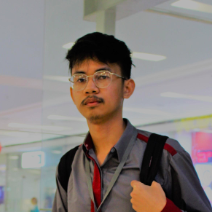

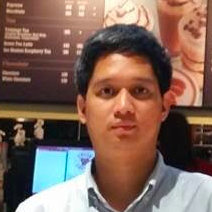

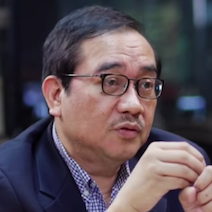

 Kung talagang
Kung talagang 



